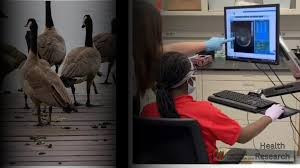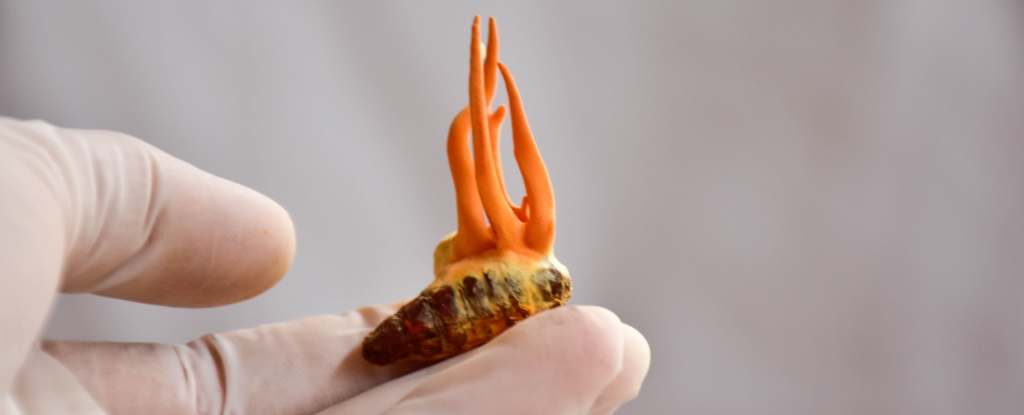
A natural compound produced by the bacterium is wholly new to science, and in the lab, it shows cancer-fighting properties.

A compound found in a parasitic fungus that commonly paralyzes and kills caterpillars has been shown to block pathways critical for the growth of some cancers.

The early-stage research - which saw 99 % of melanoma cells eradicated in a lab - could provide new cancer treatment options, experts say.

Brain scans of a 72-year-old man diagnosed with a highly aggressive form of cancer known as a glioblastoma have revealed a remarkable regression in his tumor's size within days of receiving an innovative new treatment.

The patient is now considered in remission from acute myelogenous leukemia (AML), and in another two years, he could be considered 'cured' of HIV, as that will mark five years from his last treatment.

Scientists in the US have found a way to destroy cancer cells by stimulating molecules with near-infrared light and causing them to vibrate. The researchers found that the method was 99 % effective against melanoma cells.

Scientists have successfully induced rhabdomyosarcoma cells to transform into normal, healthy muscle cells. It's a breakthrough that could lead to similar breakthroughs for other types of human cancers.

Now scientists have used CRISPR to remove and add genes to these cells to help them recognize a patient’s specific tumor cells.

An experimental cancer-killing virus has been administered to a human patient for the first time, with hopes the testing will ultimately reveal evidence of a new means of successfully fighting cancer tumors in people.

From the rapid development of vaccines for Covid-19 to the stunning collection of an asteroid sample, these were the biggest science moments of the year.

There's a lot of evidence to suggest that the gut microbiota play a role. Over the next year, US researchers will try to suss out how millions of tiny microbes living inside us might make the difference between a cancer treatment's success and its failure.

UK scientists have been able to identify a chromosome signature for the group of children needing more intensive, aggressive chemotherapy treatment for the most common form of brain cancer.

The Nobel Prize Committee has honored two researchers for their role in pioneering a new avenue for cancer treatment, one where the therapy targets the immune system, which then goes on to attack the cancer.

The drug Larotrectinib, which had no severe side effects, showed “unprecedented” success with certain pediatric tumors, as well as several adult forms of cancer.

Thanks to the astonishing effectiveness of the HPV vaccine, Australia is on track to becoming the first country to eliminate cervical cancer.